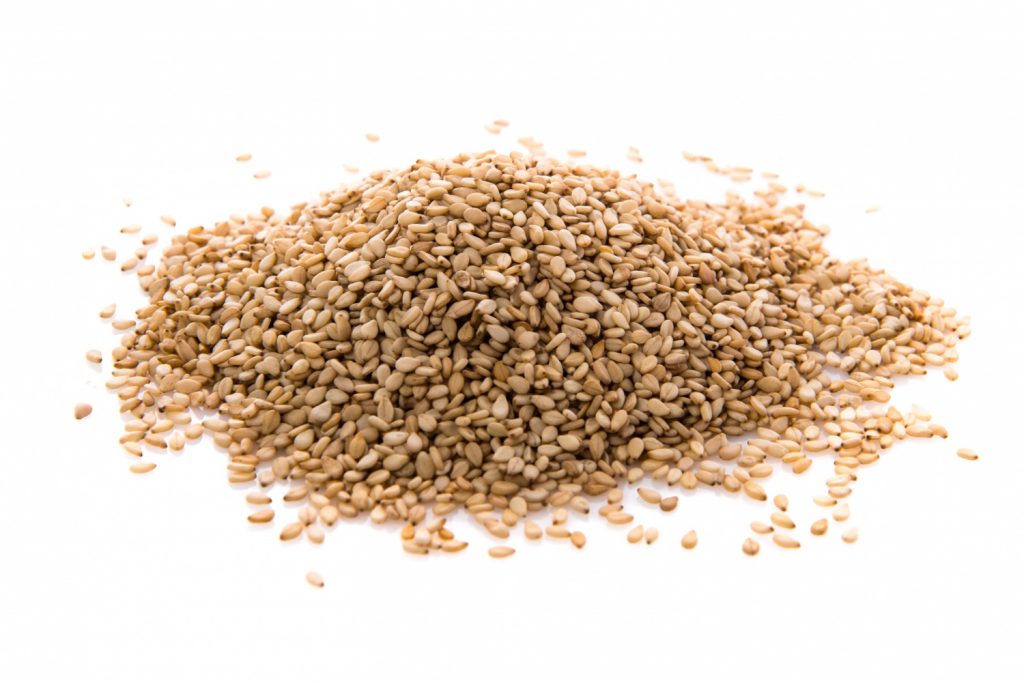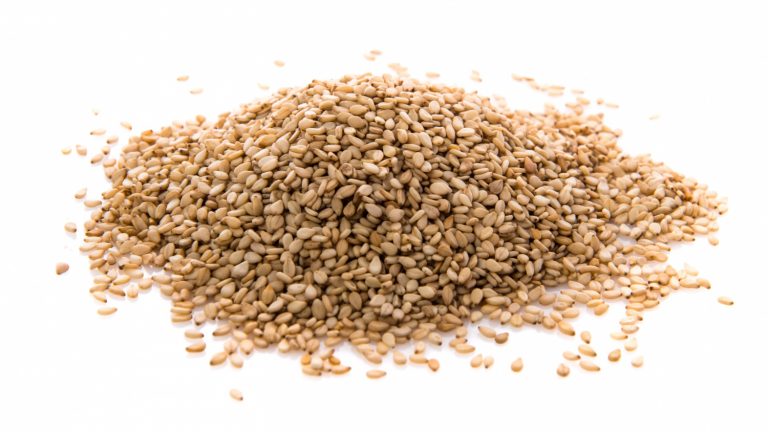Female cannabis seeds play a crucial role in the cultivation of cannabis plants, as they are the primary source of flower production and cannabinoid synthesis. However, the legal status of female cannabis seeds varies widely across different jurisdictions, posing challenges and uncertainties for growers and enthusiasts.

In this comprehensive examination, we explore the legal landscape surrounding female cannabis seeds, including regulations, restrictions, and implications for cultivation.
The Importance of Female Cannabis Seeds:
Female cannabis seeds are prized for their ability to produce high-quality flowers containing cannabinoids such as THC and CBD. Unlike male seeds, which contribute to pollination and seed production, female seeds are sought after for their potent and resinous buds, making them desirable for both medicinal and recreational use. As such, female cannabis seeds are essential for growers seeking to cultivate robust and productive cannabis plants.
Legalization and Regulation:
The legal status of female cannabis seeds is influenced by prevailing laws and regulations governing cannabis cultivation, possession, and distribution.
In regions where cannabis cultivation is legal, licensed dispensaries and seed banks offer a variety of female seed strains for sale to qualified individuals and businesses. These seeds are typically subject to strict quality control measures and labeling requirements to ensure compliance with regulatory standards.
Conversely, in areas where cannabis cultivation remains prohibited or heavily regulated, the possession and distribution of female cannabis seeds may be subject to criminal penalties and enforcement actions. Underground markets and illicit sources may still provide access to female seeds, but obtaining them carries legal risks and potential consequences for growers.
Seed Varieties and Genetics:
Female cannabis seeds come in a diverse array of varieties and genetic profiles, each offering unique characteristics and effects. From classic strains like OG Kush and Sour Diesel to modern hybrids and specialty cultivars, the availability of female seeds caters to a broad spectrum of consumer preferences and cultivation goals. Breeders and seed banks continuously develop new strains and hybrids, contributing to the genetic diversity and innovation within the cannabis industry.
Cross-Border Considerations:
The legal status of female cannabis seeds becomes even more complex when considering cross-border transactions and international trade. While some countries permit the import and export of cannabis seeds for commercial or personal use, others strictly prohibit the movement of cannabis-related products across borders. Traveling with female seeds or shipping them internationally can result in legal consequences, including confiscation, fines, and criminal charges.
Enforcement and Compliance:
Enforcement of laws regarding female cannabis seeds varies depending on local law enforcement priorities, resources, and attitudes towards cannabis. In jurisdictions with lenient enforcement or lax regulations, growers may cultivate female seeds without significant risk of prosecution or legal repercussions. However, growers must exercise caution and discretion to avoid detection and legal entanglements in areas with strict enforcement and punitive measures.
Navigating Legal Challenges:
Growers and enthusiasts seeking to navigate the legal challenges surrounding female cannabis seeds must stay informed about applicable laws and regulations in their respective jurisdictions. Consulting legal experts specializing in cannabis law can provide valuable guidance and insights into compliance requirements and risk mitigation strategies.
Additionally, joining advocacy groups and community organizations advocating for cannabis legalization and reform can empower individuals to advocate for sensible policies and regulations governing cannabis seeds and cultivation.
Ethical Considerations:
In addition to legal and regulatory considerations, growers and enthusiasts should also consider the ethical implications of sourcing and using female cannabis seeds. Ethical concerns may arise regarding the environmental impact of large-scale seed production, the treatment of workers in the seed industry, and the exploitation of genetic resources.
By supporting ethical seed banks and breeders committed to sustainable and socially responsible practices, growers can align their cultivation efforts with environmental stewardship and social justice principles. Additionally, advocating for transparency and accountability within the cannabis industry can promote ethical sourcing practices and ensure that female cannabis seeds are produced and distributed ethically and equitably.
Conclusion:
The legal status of female cannabis seeds remains a complex and evolving issue in the realm of cannabis cultivation.
While advancements in legalization and regulation have expanded access to female seeds in some regions, legal barriers and uncertainties persist in others.
By understanding the legal landscape, staying informed about relevant laws and regulations, and advocating for sensible policies, growers and enthusiasts can navigate the complexities of female cannabis seed acquisition and cultivation responsibly and lawfully.
In addition to legal considerations, let’s delve into the top feminized seeds for cultivation in this article of Santa Cruz Sentinel.
